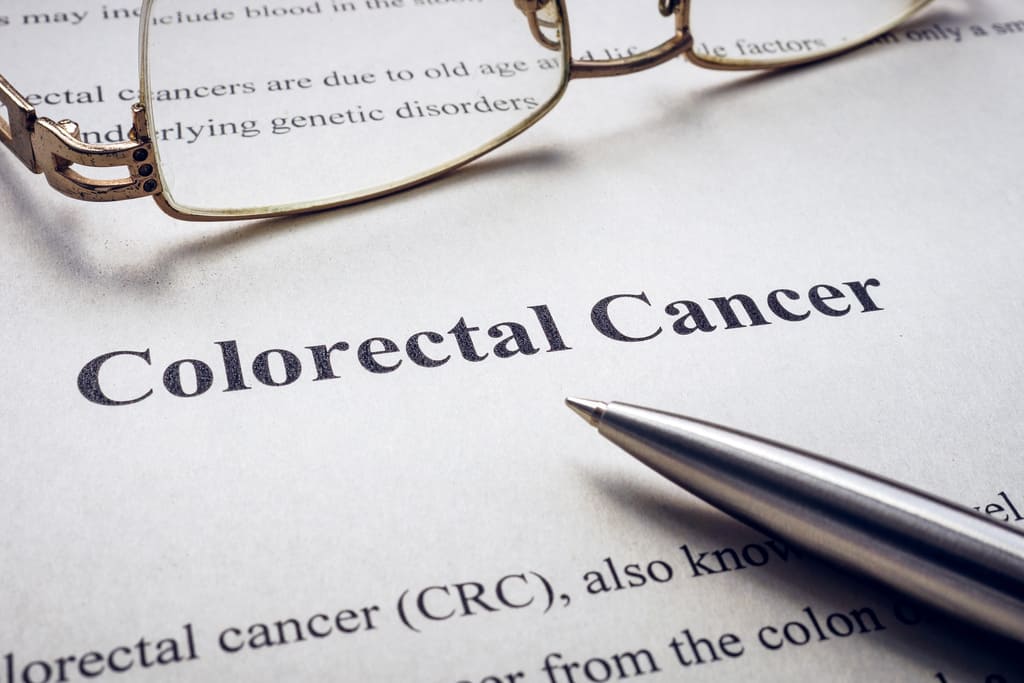Colorectal cancer, a significant health concern, can be influenced by various factors, including family history. As a leading colorectal surgeon in Glendale, Dr. Armen Gregorian, MD, provides valuable insights into how family history impacts the risk of developing this disease. Understanding these influences can aid in proactive management and early detection, potentially improving patient outcomes.
The Role of Family History in Colorectal Cancer Risk
Family history plays a crucial role in assessing the risk of colorectal cancer. When a close relative, such as a parent or sibling, has been diagnosed with colorectal cancer, the likelihood of developing the disease increases. This is often due to shared genetic factors and environmental influences that contribute to cancer risk.
Genetic Predisposition
Specific genetic mutations are linked to an increased risk of colorectal cancer. Conditions such as Lynch syndrome and familial adenomatous polyposis (FAP) are hereditary disorders that significantly elevate the likelihood of developing colorectal cancer. Individuals with a family history of these conditions should be closely monitored by a colorectal surgeon in Glendale for early detection and preventive measures.
Family History and Risk Assessment
Family history is an essential component of risk assessment for colorectal cancer. Individuals with a first-degree relative who has had colorectal cancer, especially if diagnosed before age 50, are at a higher risk. The risk increases with the number of affected relatives and the age at which they were diagnosed. Regular screenings and genetic counseling are recommended for those with a significant family history to manage and mitigate risk effectively.
Benefits of Knowing Your Family History
1. Early Detection and Preventive Measures
Knowing one’s family history allows for early screening and preventive measures. Individuals with a higher risk can undergo more frequent colonoscopies or other screening tests starting earlier than the general population. Early detection can lead to more effective treatment and better outcomes.
2. Personalized Screening Protocols
A detailed family history enables a colorectal surgeon in Glendale to create personalized screening protocols. This might involve starting screenings earlier or using advanced techniques to monitor for early signs of colorectal cancer. Tailored screening plans help ensure that individuals at higher risk are closely monitored.
3. Genetic Testing and Counseling
Genetic testing can identify mutations associated with colorectal cancer, providing valuable information for risk management. For those with a family history of colorectal cancer or related genetic conditions, genetic counseling can offer insights into inherited risks and guide decision-making regarding surveillance and preventive strategies.
4. Family Involvement in Risk Management
Understanding the hereditary nature of colorectal cancer encourages family members to be proactive about their health. Sharing family medical history can prompt relatives to seek early screenings and adopt healthier lifestyles, which may reduce their own risk of developing the disease.
5. Improved Prognosis with Early Intervention
Early intervention, made possible by awareness of family history, can significantly improve prognosis. Detecting colorectal cancer at an early stage allows for less invasive treatments and a higher likelihood of successful outcomes.
FAQs
Q1: How does family history affect colorectal cancer risk?
Family history influences colorectal cancer risk through shared genetic factors and environmental influences. Individuals with close relatives diagnosed with the disease are at higher risk.
Q2: What are hereditary conditions linked to colorectal cancer?
Hereditary conditions such as Lynch syndrome and familial adenomatous polyposis (FAP) are associated with an increased risk of colorectal cancer. Genetic testing can identify these conditions.
Q3: When should individuals with a family history of colorectal cancer start screening?
Individuals with a family history of colorectal cancer should begin screening earlier than the general population; it is often recommended to start at age 40 or earlier, depending on the specific family history and risk factors.
Q4: How can a colorectal surgeon help with family history-related risks?
A colorectal surgeon can provide personalized screening plans, recommend genetic testing and counseling, and implement early detection strategies to manage risks associated with family history.
Q5: Can lifestyle changes impact the risk of colorectal cancer?
Yes, adopting a healthy lifestyle, including a balanced diet, regular exercise, and avoiding tobacco, can help reduce the risk of colorectal cancer, even for those with a family history of the disease.
Conclusion
Understanding the impact of family history on colorectal cancer risk is vital for proactive health management. Individuals can take informed steps toward early detection and effective prevention by leveraging insights from a colorectal surgeon in Glendale, such as Dr. Armen Gregorian, MD. Recognizing the hereditary nature of colorectal cancer enables tailored screening protocols, genetic testing, and lifestyle adjustments, all of which contribute to improved outcomes and better overall health.



